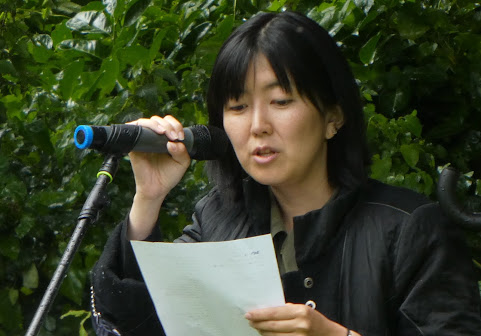Nine states possess nuclear weapons: the United States, Russia, China, France, the United Kingdom, India, Pakistan, Israel and North Korea. In the first sixth months of 2025, more than half of these states have attacked other countries. Russia continues its war on Ukraine, with the Chernobyl and Zaporizhzhia nuclear sites at ongoing risk of catastrophic damage. India and Pakistan engaged in missile and drone strikes against each other in early May. Israel has compounded its war on Gaza with attacks on civil nuclear facilities in Iran and assassinations of Iranian leaders. In the past few days, the United States has joined Israel in attacking Iran's nuclear facilities, despite no credible evidence that Iran, a signatory to the Nuclear Non-Proliferation Treaty which has consistently denied it is attempting to attain nuclear weapons, was developing nuclear arms.
This demonstrates, perhaps, that states which possess nuclear weapons believe they can act with impunity and disregard the normal conventions of international law and diplomacy by engaging in armed aggression against other countries.
The hypocrisy of states, which themselves are in blatant contravention of international nuclear disarmament and non-proliferation agreements, carrying out an attack on another state on the pretext of preventing it developing nuclear weapons, is staggering. Attacks on nuclear installations of any kind risk significant environmental damage, as well as the potential impact in terms of human casualties.
More worryingly, it represents a dramatic decline - even a collapse - in the international order, with the structures for seeking diplomatic solutions dangerously close to being replaced to unprecedented international violence on the part of those seeking to reshape the world in their own interests. If this trend continues, the humanitarian and environmental consequences are unthinkable. It is, tragically, hard to avoid the expectation that such untrammeled recourse to international violence outside of any legal framework by nuclear-armed states will not, sooner or later, lead to the use of nuclear weapons.
When that moment comes, there is no way back from annihilation.
Weapons of mass destruction in the hands of rapacious aggressors do not make the world a safer place. They hasten the end of the world as we know it. The Bulletin of Atomic Scientists has warned that we are closer than ever before to nuclear war, and the events of recent months, weeks and days show how rapidly international violence can escalate. Are we entering the final countdown to destruction?
Irish CND unreservedly condemns all acts of international aggression and urges the use of diplomatic solutions to resolve international disputes. We call on the Irish government to be unambiguous in its condemnation of such attacks, and in its support for international fora committed to peaceful resolution of conflicts, and in particular, the role of the United Nations as a force for peace. There is no room for prevarication.
In light of the most recent developments, we urge the Irish government to ensure that Irish airports, airspace and territorial waters are not used for the transport of military hardware and personnel by any country engaged in international aggression.
At at time when the role of the United Nations is being seriously weakened by the aggression of nuclear-armed states, we urge the Irish government to desist from any action which diminishes the role of the UN in Irish foreign policy, particularly in relation to the current debate on the circumstances of the deployment of Irish soldiers in peace-keeping missions.
Nuclear-buttressed international attacks lead only along a downward trajectory towards destruction. We join our global partners in the International Campaign to Abolish Nuclear Weapons in calling for re-commitment to the Nuclear Non-Proliferation Treaty, and full implementation of its provisions, and in calling for the universalisation and full implementation of the Treaty on the Prohibition of Nuclear Weapons.







